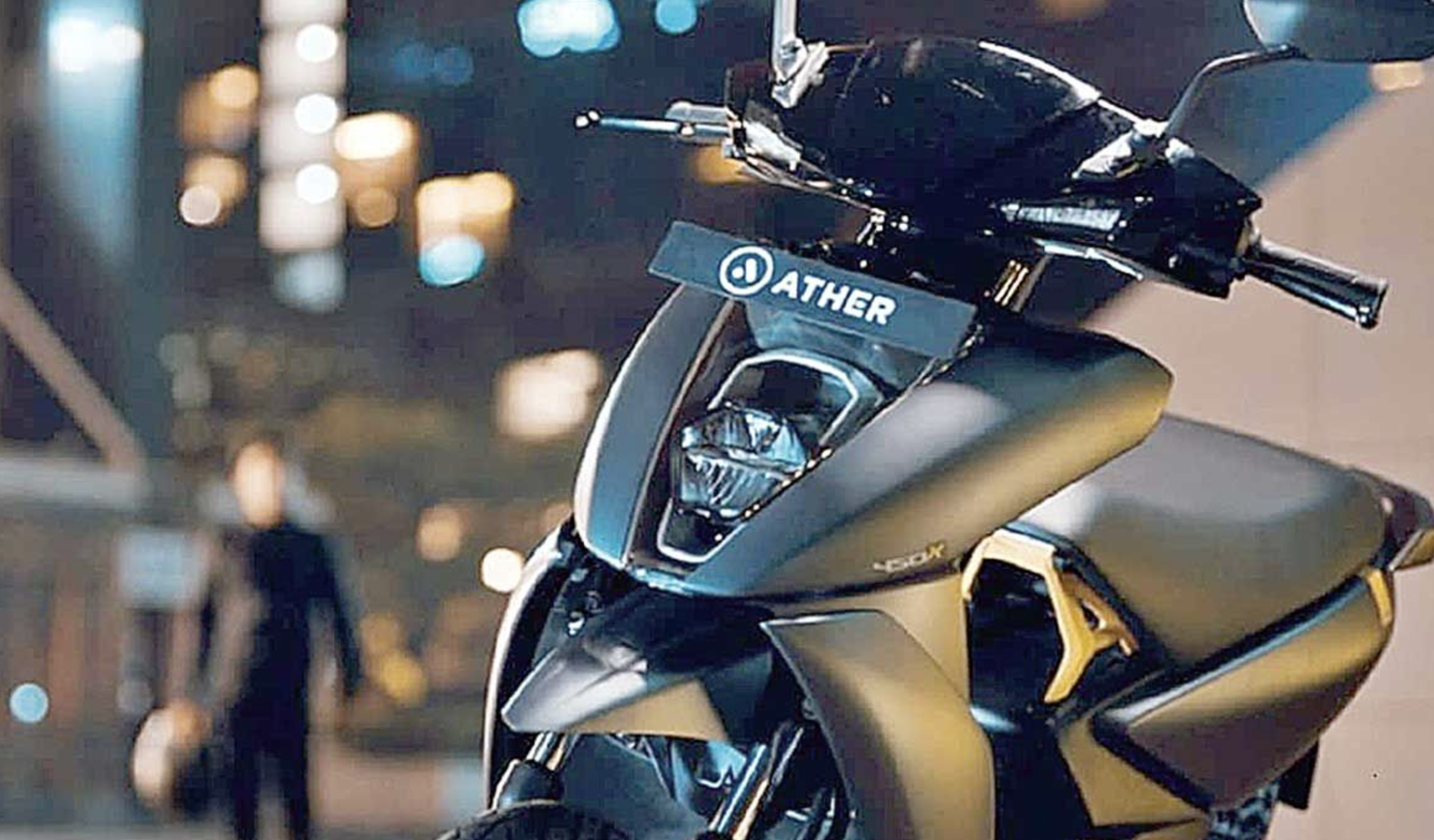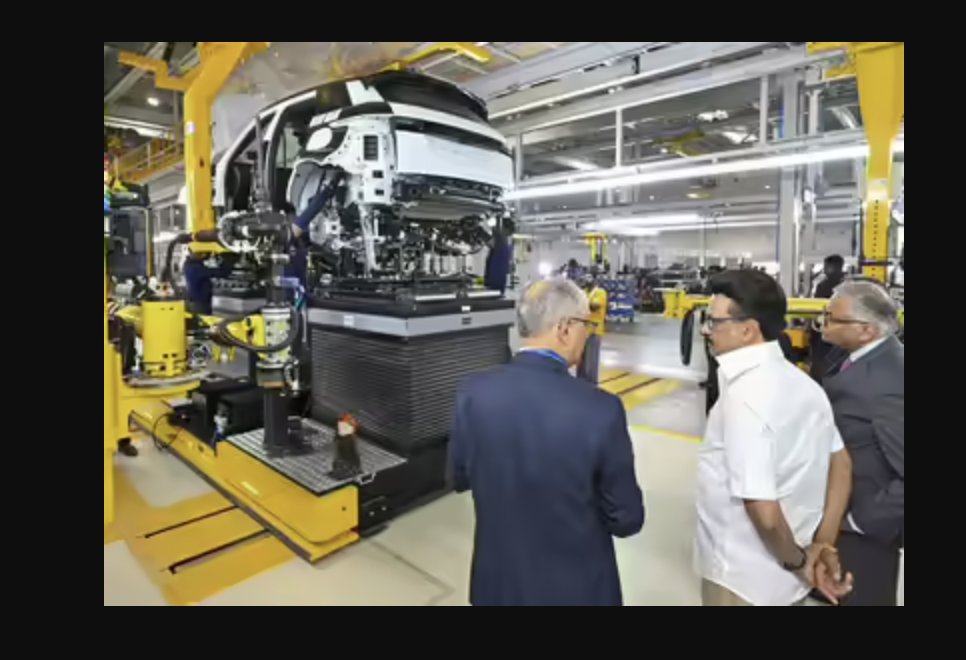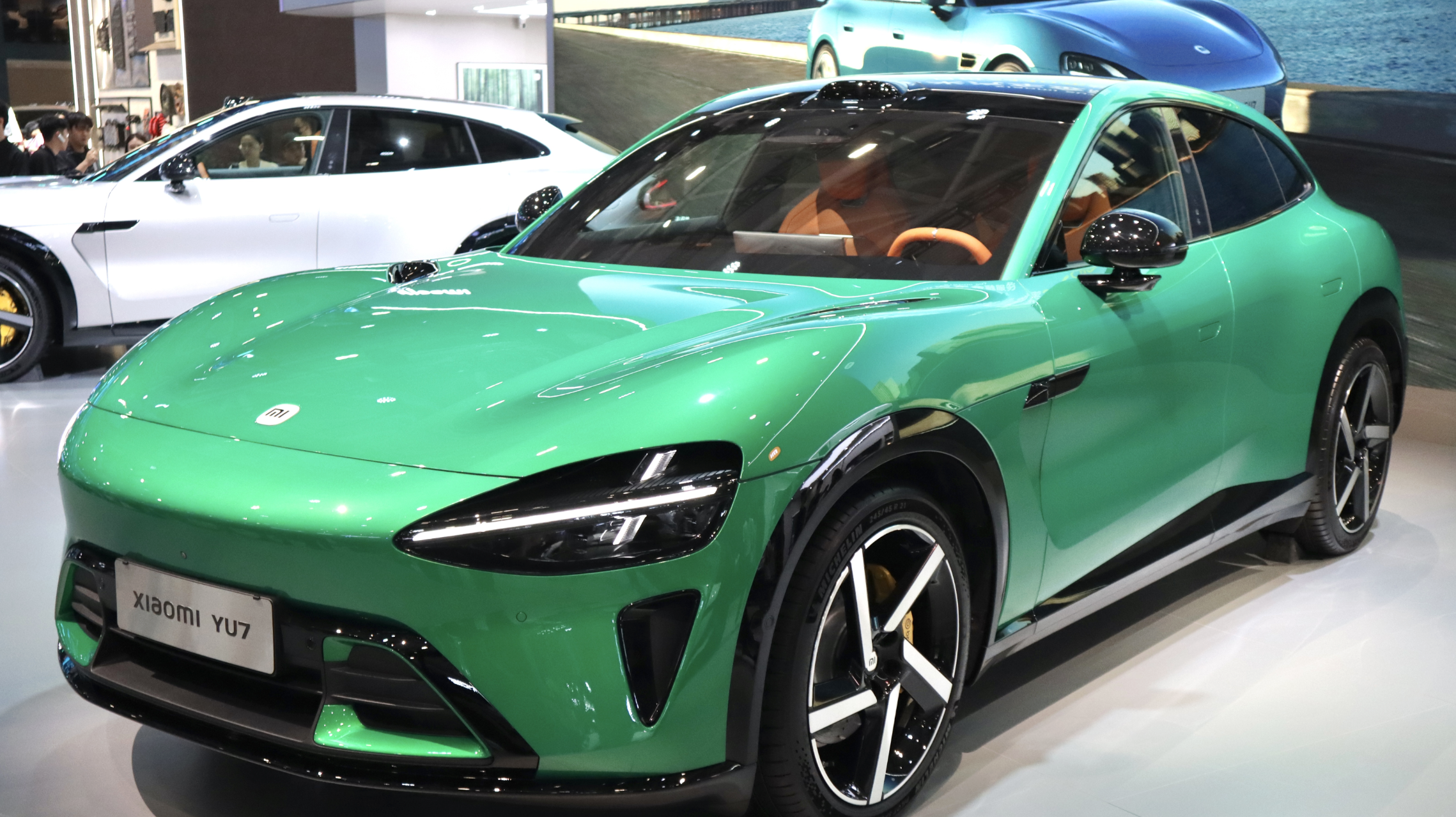The Indian auto industry is currently grappling with a significant challenge—high inventory levels at dealerships. According to the Federation of Automobile Dealers Associations (FADA), the stockpile of unsold cars at dealerships across India has reached over 7 lakh units, valued at approximately Rs 73,000 crores. Despite the upcoming festive season, which typically boosts sales, the industry is seeing a slowdown in demand, leading to a buildup of unsold vehicles.

Dealer Inventory Hits Record Levels
FADA reports that the inventory of passenger vehicles at dealerships has seen a significant increase, rising from 65-67 days in early July 2024 to around 70-75 days as of now. This situation poses a considerable risk to dealers, as unsold stock levels continue to grow. The slowdown in sales has been attributed to several factors, including the impact of the Lok Sabha elections, extreme weather conditions, and unprecedented rainfall.
The inventory glut has placed a heavy burden on dealerships, with FADA estimating that dealers currently have around 730,000 unsold vehicles, equating to approximately two months of sales. However, the Society of Indian Automobile Manufacturers (SIAM) estimates a lower figure of around 400,000 units. The upcoming festive season, which starts later this month, is expected to bring some relief to dealerships, but until then, dealers will need support in the form of extended credit facilities, while automakers may need to scale down production to optimize inventory management.
Maruti Suzuki Takes Action with Production Cuts
Maruti Suzuki India Limited, the country’s largest automaker, has announced production cuts in response to the decline in sales. The company reported that sales during the first few months of the current financial year were significantly lower than anticipated, necessitating a reduction in production to balance inventory levels.
In July 2024, Maruti Suzuki recorded a 9.65% year-on-year decline in sales, with most models in its portfolio showing negative growth. Although sales improved marginally on a month-on-month basis, the company’s SUV/MPV lineup, including models like the Ertiga, Brezza, Fronx, Vitara, Invicto, and Jimny, saw a 10% drop in demand during the period. Even hefty discount schemes and incentives offered through Nexa and Arena showrooms failed to boost sales.
During the April to July 2024 period, Maruti Suzuki increased production by 7.4% to 496,000 units. However, sales grew by only 1.2% to 427,000 units, highlighting the disparity between production and demand.
As the Indian auto industry navigates these challenging times, automakers like Maruti Suzuki are taking steps to align production with market realities, aiming for better inventory management and sustainability.













